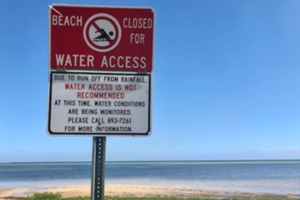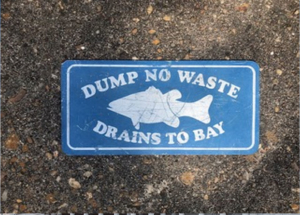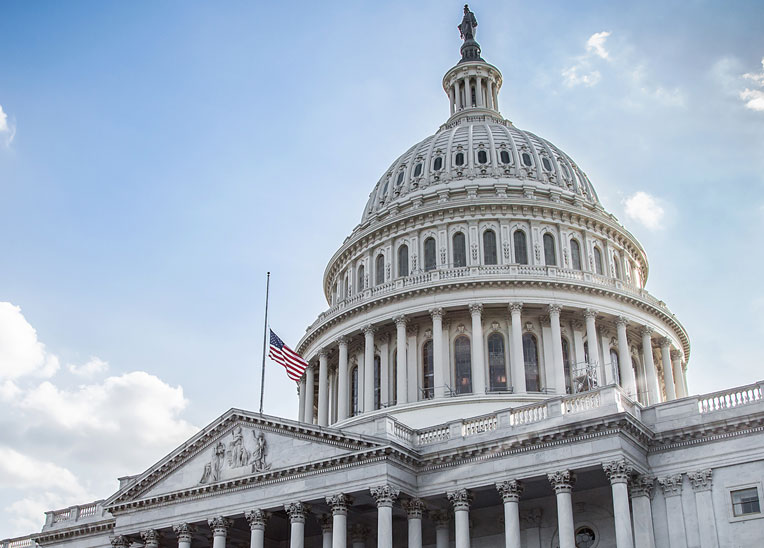Different Ways to Take Action
The American Water Security Project strives to protect all waters in all waterways. By repairing, treating, increasing, and responsibly discharging the nation’s waters, we protect the ecosystems and waterways that drive our economies and allow us to recreate. Sometimes our legislative bodies and agencies need a reminder that they are responsible for protecting human health, our local economies, and the clean waters that surround us and nourish us.
The American Water Security Project urges everyone to let their elected officials know that Americans will accept nothing less.
Please let your legislators hear your voice and sign up to follow American Water Security Project news. And, if you support our mission, please consider donating so we can continue to fight for America’s right to clean, safe water.
![]()
Give your Support with a Donation
Citizen Advocacy
Help us make a difference by contacting your legislator today!

As the 2019 Florida congressional session winds down, congressional leadership are appropriating funds for the 2020 budget. In these appropriation asks are the funds to fix Florida’s growing water crisis, which came to a head in Summer 2018. Though Governor DeSantis has asked for a comprehensive, progressive water policy agenda, some bills do not accomplish enough to fix the issues or are asking for pork-fed pet projects that do not solve the state’s water quality issues at the source.
The Florida congressional leadership must appropriate funds to the FDEP that prioritizes repairing and upgrading the state’s wastewater infrastructure’s $18-billion shortfall.
![]()

In 2018, millions of fish and other wildlife died from exposure to harmful algal blooms, residents and tourists suffered from exposure to their toxins, and the state lost billions in tourism revenue. Sewage contamination played a significant role in every bloom. Meanwhile, the numbers of beach closures due to high fecal bacteria counts skyrocketed, and a species of antibiotic resistant of MRSA bacteria, previously only found in hospitals, was discovered in Tampa Bay.
Ask Governor DeSantis and the Florida Legislature to protect Florida’s waters today.
![]()

Improperly treated sewage is a major and often most dangerous source of pollution and contamination in many waters of national significance. Aging, inadequate wastewater treatment infrastructure routinely puts raw or partially treated sewage in ground and surface waters. For example, about one spill occurs in Florida every three hours. Meanwhile, many utilities only remove solids and pathogens, then discharge harmful amounts of nutrient pollution into aquifers and surface waters.
Congress must consider the health of American waters when writing any Federal Infrastructure Bill.
![]()
